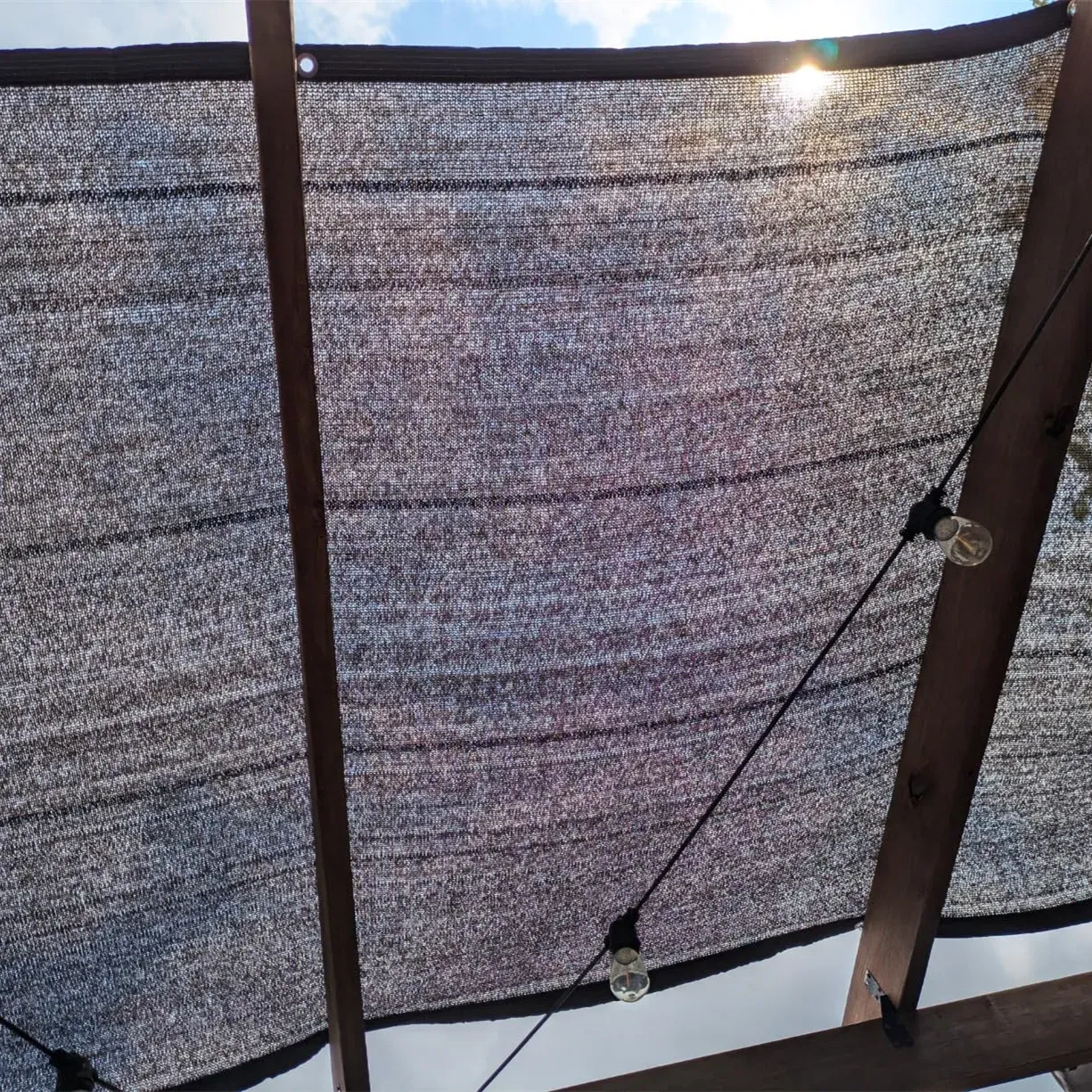-
 African
African -
 ChiAlbanian
ChiAlbanian -
 ChiAmharic
ChiAmharic -
 ChiArabic
ChiArabic -
 ChiArmenian
ChiArmenian -
 Azerbaijani
Azerbaijani -
 ChiBasque
ChiBasque -
 Chiberaruzi
Chiberaruzi -
 ChiBengali
ChiBengali -
 ChiBosnian
ChiBosnian -
 ChiBulgarian
ChiBulgarian -
 Katarani
Katarani -
 Cebuano
Cebuano -
 China
China -
 Kosikeni
Kosikeni -
 ChiCroatian
ChiCroatian -
 ChiCzech
ChiCzech -
 ChiDanish
ChiDanish -
 ChiDutch
ChiDutch -
 Chirungu
Chirungu -
 Esiperando
Esiperando -
 ChiEstonian
ChiEstonian -
 ChiFinish
ChiFinish -
 ChiFrench
ChiFrench -
 Frisian
Frisian -
 ChiGalician
ChiGalician -
 ChiGeorgian
ChiGeorgian -
 ChiJerimani
ChiJerimani -
 ChiGiriki
ChiGiriki -
 ChiGujarati
ChiGujarati -
 Kiriyoro yeHaiti
Kiriyoro yeHaiti -
 ChiHausa
ChiHausa -
 Chihawayi
Chihawayi -
 ChiHebhuru
ChiHebhuru -
 kwete
kwete -
 Miao
Miao -
 ChiHungarian
ChiHungarian -
 ChiIcelandic
ChiIcelandic -
 igbo
igbo -
 ChiIndonesian
ChiIndonesian -
 ChiIrish
ChiIrish -
 ChiItalian
ChiItalian -
 ChiJapanese
ChiJapanese -
 ChiJavanese
ChiJavanese -
 ChiKannada
ChiKannada -
 Kazaki
Kazaki -
 Khmer
Khmer -
 Rwandan
Rwandan -
 ChiKorean
ChiKorean -
 ChiKedhi
ChiKedhi -
 Kiyagizi
Kiyagizi -
 TB
TB -
 Ratini
Ratini -
 ChiLatvian
ChiLatvian -
 Ritunia
Ritunia -
 Rukusembogi
Rukusembogi -
 ChiMacedonian
ChiMacedonian -
 Malagasy
Malagasy -
 ChiMalay
ChiMalay -
 ChiMalayalam
ChiMalayalam -
 ChiMaltese
ChiMaltese -
 Maori
Maori -
 ChiMarati
ChiMarati -
 ChiMongoria
ChiMongoria -
 Mayanima
Mayanima -
 ChiNepali
ChiNepali -
 ChiNorwegian
ChiNorwegian -
 ChiNorwegian
ChiNorwegian -
 Occitan
Occitan -
 Pashito
Pashito -
 ChiPersian
ChiPersian -
 ChiPolish
ChiPolish -
 ChiPutukezi
ChiPutukezi -
 Punjabi
Punjabi -
 ChiRomanian
ChiRomanian -
 ChiRussian
ChiRussian -
 Samoan
Samoan -
 ChiGaelic cheScottish
ChiGaelic cheScottish -
 ChiSebhiya
ChiSebhiya -
 Chirungu
Chirungu -
 Shona
Shona -
 ChiSindhi
ChiSindhi -
 Sinhala
Sinhala -
 ChiSlovak
ChiSlovak -
 ChiSlovanian
ChiSlovanian -
 Somari
Somari -
 ChiSpanish
ChiSpanish -
 Sundanese
Sundanese -
 ChiSwahili
ChiSwahili -
 ChiSwedish
ChiSwedish -
 ChiTagalog
ChiTagalog -
 Tajik
Tajik -
 ChiTamil
ChiTamil -
 Tatar
Tatar -
 ChiTelugu
ChiTelugu -
 ChiThai
ChiThai -
 Turkish
Turkish -
 ChiTeki
ChiTeki -
 Ukrainian
Ukrainian -
 Urdu
Urdu -
 Uighur
Uighur -
 Uzbek
Uzbek -
 Vietnamese
Vietnamese -
 Welsh
Welsh -
 Help
Help -
 Yiddish
Yiddish -
 Yoruba
Yoruba -
 Zulu
Zulu
Explore the Sunshade Net
Sun shade netting is a kind of net structure woven from polyethylene, polypropylene or other durable plastic materials. Its main function is to block or adjust the sunlight radiation, reduce the direct sunlight exposure to the ground and plants, and adjust the air circulation and humidity.

Sun Shade Netting Principle
The mambure emumvuri wezuva controls the light intensity through its specific weaving density (usually called shading rate), thus reducing the temperature and evaporation loss. Sun shade nettings with different shading rates can adjust environmental conditions according to specific needs to protect crops or other facilities from bad weather.
Types of Sunshade Nets
Sun shade nettings can be divided into the following types according to different materials, shading rates and uses:
- Classification by material
Ordinary plastic sunshade net: made of polyethylene or polypropylene, it has the characteristics of light weight, corrosion resistance and easy cleaning, and is suitable for general use.
Composite sunshade net: anti-ultraviolet coating or other functional materials are added to improve durability and service life.
Environment-friendly sunshade net: made of degradable or renewable materials, which is more in line with the concept of green environmental protection.
- Classification by shading rate
Low shading rate (30%-50%): Suitable for plants that need partial light, such as some vegetables and fruit trees.
Medium shading rate (50%-75%): suitable for most crops or flower protection in high temperature season.
High shading rate (75%-90%): It is suitable for shielding direct glare, and is usually used in protected agriculture or parking lots.
- Classification by purpose
Agricultural sunshade net: used in farmland, greenhouse, nursery and other scenes to protect crops from strong light or high temperature.
Horticultural sunshade net: provide a good growth environment for flowers and potted plants.
Domestic sunshade net: used in balcony, courtyard or parking lot to provide sunshade and cooling effect.
Installation and Maintenance of Sunshade Net
The installation and maintenance of mambure emumvuri wezuva is very important for its function.
- Installation method
Installation of fixed bracket: build bracket in greenhouse, farmland or courtyard, flatten and fix the mambure emumvuri wezuva to ensure stability and coverage effect.
Hanging installation: used in balcony or open area, the sunshade net is hung and fixed by ropes or hooks.
Mobile installation: Some sunshade nets are equipped with adjustable brackets or slide rails, which is convenient for moving and adjusting coverage at any time.
- Maintenance points
Regular inspection: check whether the sunshade net has signs of tearing or aging, and replace the damaged part in time.
Cleaning and maintenance: remove dust and fallen leaves from the sunshade net to ensure ventilation and shading effect.
Proper storage: in the non-use season, the sunshade net should be stored in a dry place to avoid aging caused by long-term exposure.
Advantages of Sunshade Net
- Environmental protection and energy saving
The mambure emumvuri wezuva adjusts the environmental conditions by physical means, without energy consumption, and it is a green choice.
- Strong durability
High-quality zuva mumvuri mesh has the characteristics of ultraviolet resistance and corrosion resistance, and its service life can usually reach 3-5 years or even longer.
- Wide application range
From agriculture to daily life, zuva mumvuri mesh can be applied to almost any scene that needs sunshade and cooling.
- High cost performance
The sunshade net is an economical and practical protective tool with low cost and convenient installation.
-
The Sunshade Net Can Block Ultraviolet RaysNewsAug.11,2025
-
Main Application and Technology of Nylon ScreenNewsAug.11,2025
-
Green Anti UV Sunshade Net: The Perfect Combination of Ecological Friendliness and Practical PerformanceNewsAug.11,2025
-
Application and Development of Nylon Screen in Fuel Processing and TreatmentNewsAug.11,2025
-
Application and Advantages of Nylon Screen for AquacultureNewsAug.11,2025











